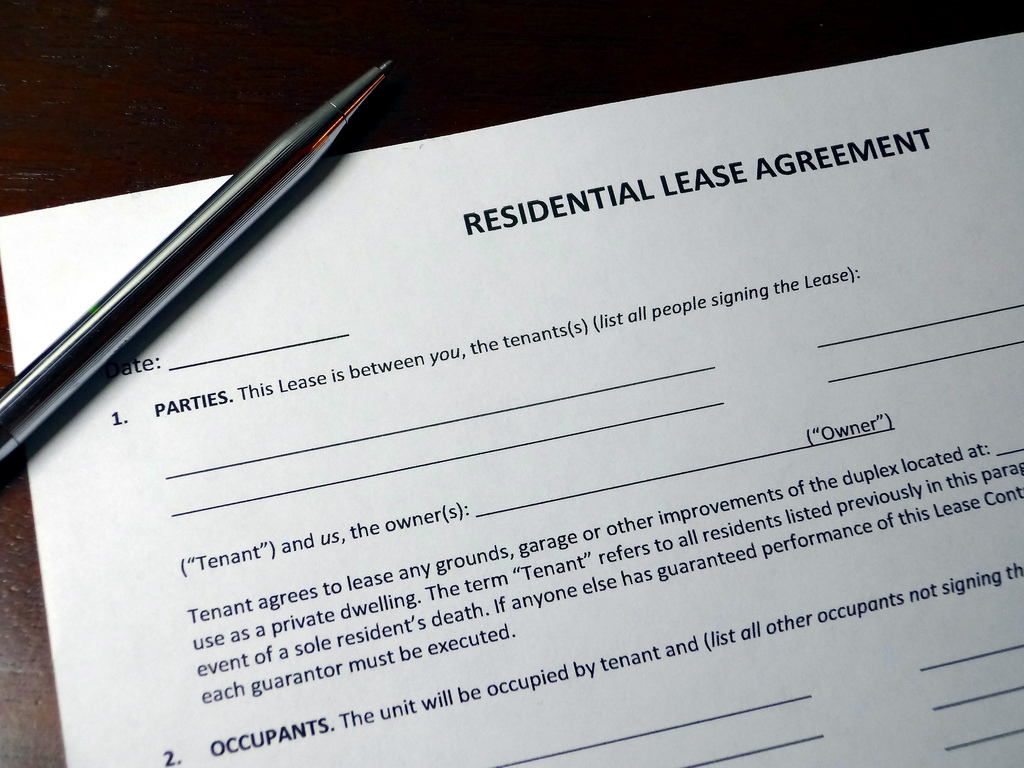-
Lot Size1,177 sqft
-
Home Size1,258 sqft
-
Beds3 Beds
-
Baths3 Baths
-
Year Built1976
-
Days on Market1
Your Rights as a Tenant in California
- Real Estate Tips
- Coldwell banker Encinitas, Linda Moore, Linda Moore with Coldwell Banker, real estate agent in encinitas, real estate in Encinitas, real estate tips, renter's rights, renting in encinitas, San Diego real estate, tenant rights california
- November 10, 2015

As a tenant, it can be tricky to navigate the legal language in your lease, especially if there’s a disagreement between you and your landlord. Here are some of the most common questions renters have, along with answers that are specific to California law.
Can my landlord raise the rent?
Currently, there are no maximum limits for rent increases in the state of California. If the landlord plans to increase the rent 10 percent or less, they must give you at least 30 days’ notice before doing so. If it’s more than 10 percent, you should receive a minimum of 60 days’ advance notice.
If your lease covers a term over 30 days (for example, a 1-year lease is the most common), your rent cannot be increased under this term unless it is included in your lease. However, there are different rent control regulations, or lack thereof, in every county. If your building is located in an area that does have rent control, your rent can only be raised by a set percentage once every 12 months.
When can I get my security deposit back?
This is one of the most common disputes between tenants and landlords! Under California law, your landlord has 21 days after you move out to send you either a full refund of the deposit or an itemized statement listing any deductions from the deposit along with the remaining amount.
If your landlord refuses to return your security deposit, or you feel the deductions taken from it were unreasonable, you may need to take legal action and file a lawsuit in small claims court.
Is my landlord allowed to enter my unit without my permission?
There are five different situations in which your landlord can legally enter your unit:
- In an emergency
- When the tenant has moved out or abandoned the unit
For the next three reasons only, the landlord must give you 24 hours written notice before entering your unit.
- To make agreed-upon or necessary repairs, decorations, alterations, or other improvements
- To show the unit to prospective buyers or lenders, or to let in contractors who are to perform work in the unit
- If the landlord has a court order allowing him entry
How do I end my lease?
With month-to-month tenancies, the rule of thumb is that you have to give the same amount of notice as there are days between rent payments. For example, if you pay rent once a month, you’ll need to give 30 days’ notice.
If you are looking to move out before the end date specified in the lease, try to talk to your landlord and come to a reasonable agreement. Most landlords will want to avoid taking legal action against a tenant to recover lost rent, so the best thing to do is to give notice in advance so that they can prepare and look for new tenants.
If your landlord does not want you to end your lease early, review the lease carefully to see if you have a legal reason to do so. There should be several responsibilities outlined that the landlord has to fulfill. If the unit becomes uninhabitable or structurally unsound, follow the California Civil Code 1942 to end the lease: give written notice to the landlord about the specific reasons for inhabitability, and if they are not fixed immediately you could vacate the unit within a “reasonable” amount of time.
For more useful information about landlord/tenant rights, check out this guide from the California Department of Consumer Affairs.




